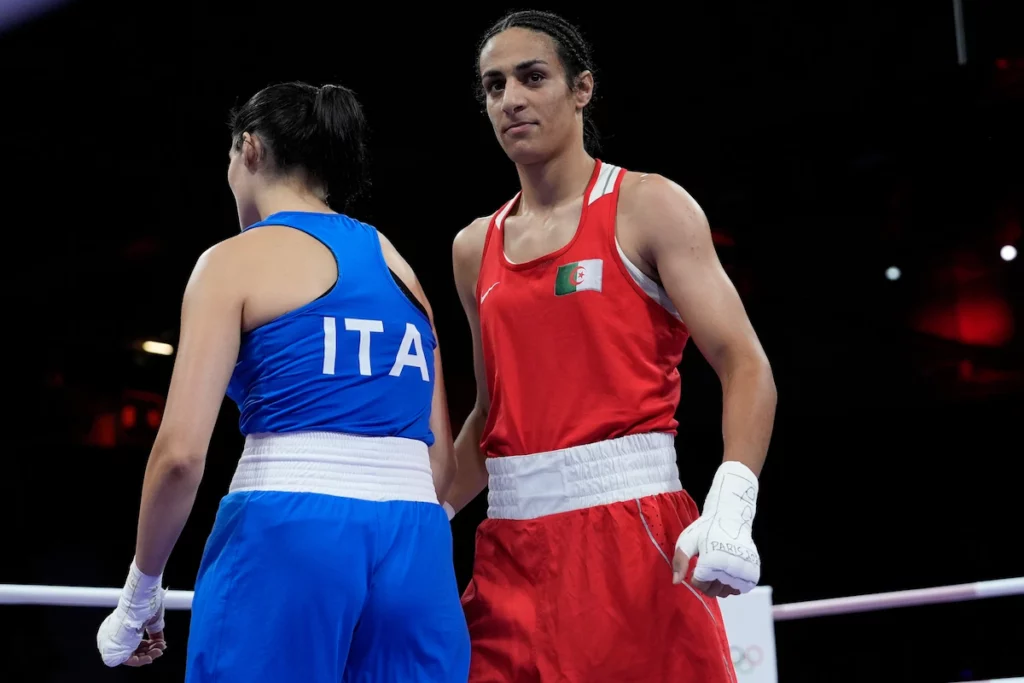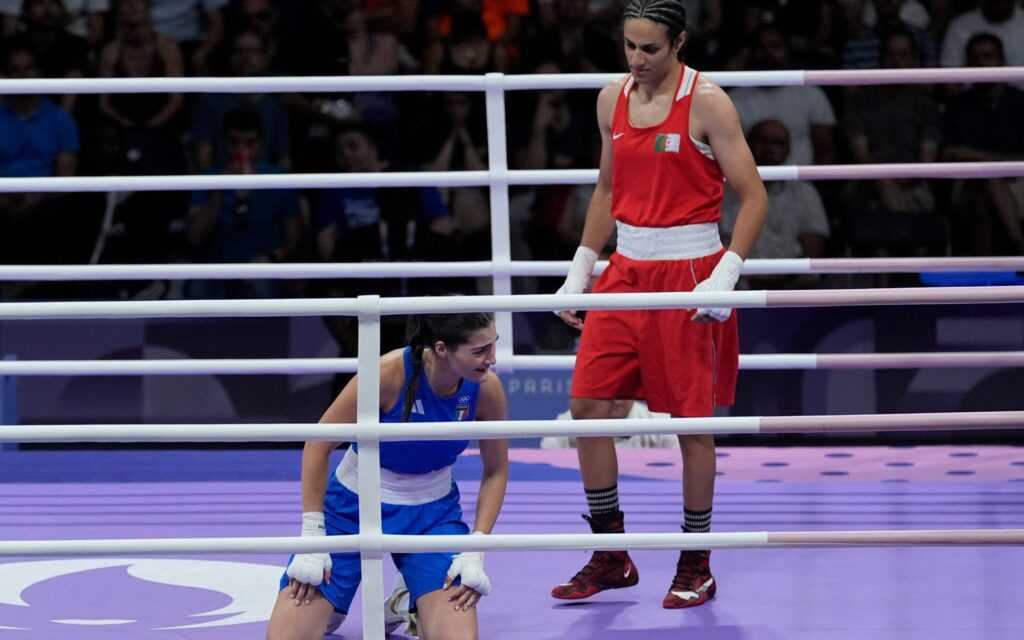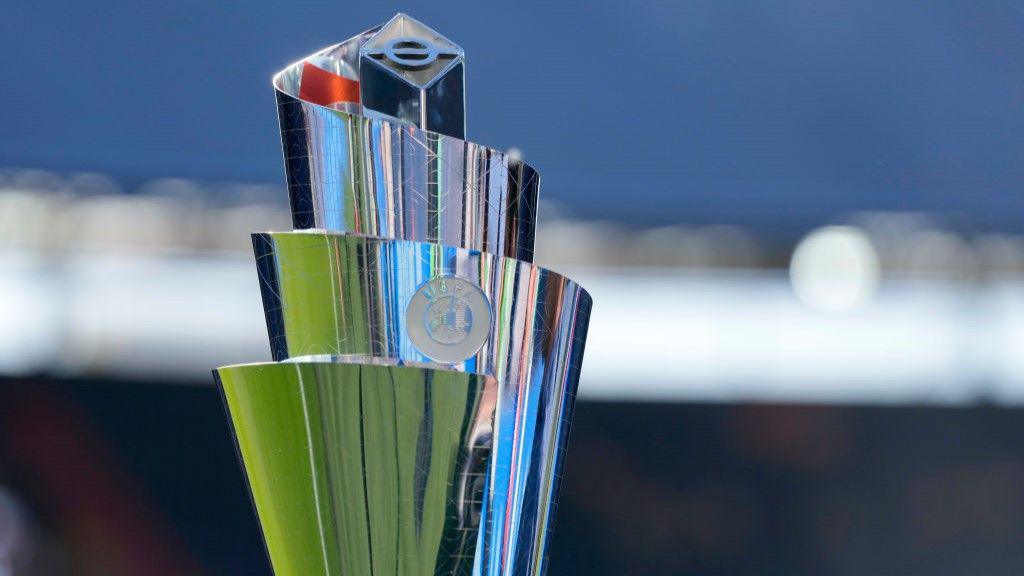
Algerian boxer Imane Khelif has become embroiled in a significant gender controversy at the Paris Olympics 2024, raising questions about fairness and eligibility in women’s sports.
During a women’s 66kg preliminary boxing match, Italian boxer Angela Carini withdrew after being hit twice by Khelif, resulting in a suspected broken nose. The bout, lasting only 46 seconds, led to a widespread debate on social media, with many questioning Khelif’s participation and labeling her as “biologically male.”
Previous Disqualification
Khelif’s participation in the Olympics is particularly controversial given her previous disqualification from the 2023 World Championships in New Delhi due to “elevated levels of testosterone.” A gender eligibility test revealed she had XY chromosomes, typically found in males, further fueling the debate.
Differing Standards: IBA vs. IOC
The International Boxing Association (IBA), which disqualified Khelif, has since been banned due to corruption and governance issues. In contrast, the International Olympic Committee (IOC) allowed her to compete in the Olympics. The IOC recently updated its guidelines, stating that testosterone levels are not always indicative of physical advantage, and no longer requires athletes to undergo hormone-level modifications.
Social Media Backlash
Despite meeting the IOC’s standards, Khelif faced significant criticism on social media from prominent figures such as author JK Rowling and former UK Prime Minister Liz Truss. Rowling accused Khelif of cheating, while Truss questioned the inclusion of athletes with DSD in women’s sports.
Differences of Sexual Development (DSD) is a condition where individuals raised as females have XY chromosomes and higher testosterone levels, often leading to physical advantages. The IOC supports the inclusion of athletes with DSD unless there are clear fairness or safety concerns.

Khelif’s Athletic Journey
Khelif, who began her journey selling bread on the streets of her Algerian village, has been competing in global boxing events for years, including the 2020 Tokyo Olympics. She does not identify as transgender or intersex and has received clearance from the IOC to participate in the Paris Olympics.
Khelif is set to compete in the quarter-finals of the light welterweight division against Hungary’s Anna Luca Hamori. Regardless of the outcome, the incident with Carini will likely remain one of the most controversial moments in Olympic history.
Conclusion
The case of Imane Khelif has sparked a broader debate about gender eligibility in sports, highlighting the complexities and differing standards that athletes face. As the discussion continues, the need for clear and fair regulations remains paramount to ensure the integrity of women’s sports.





















